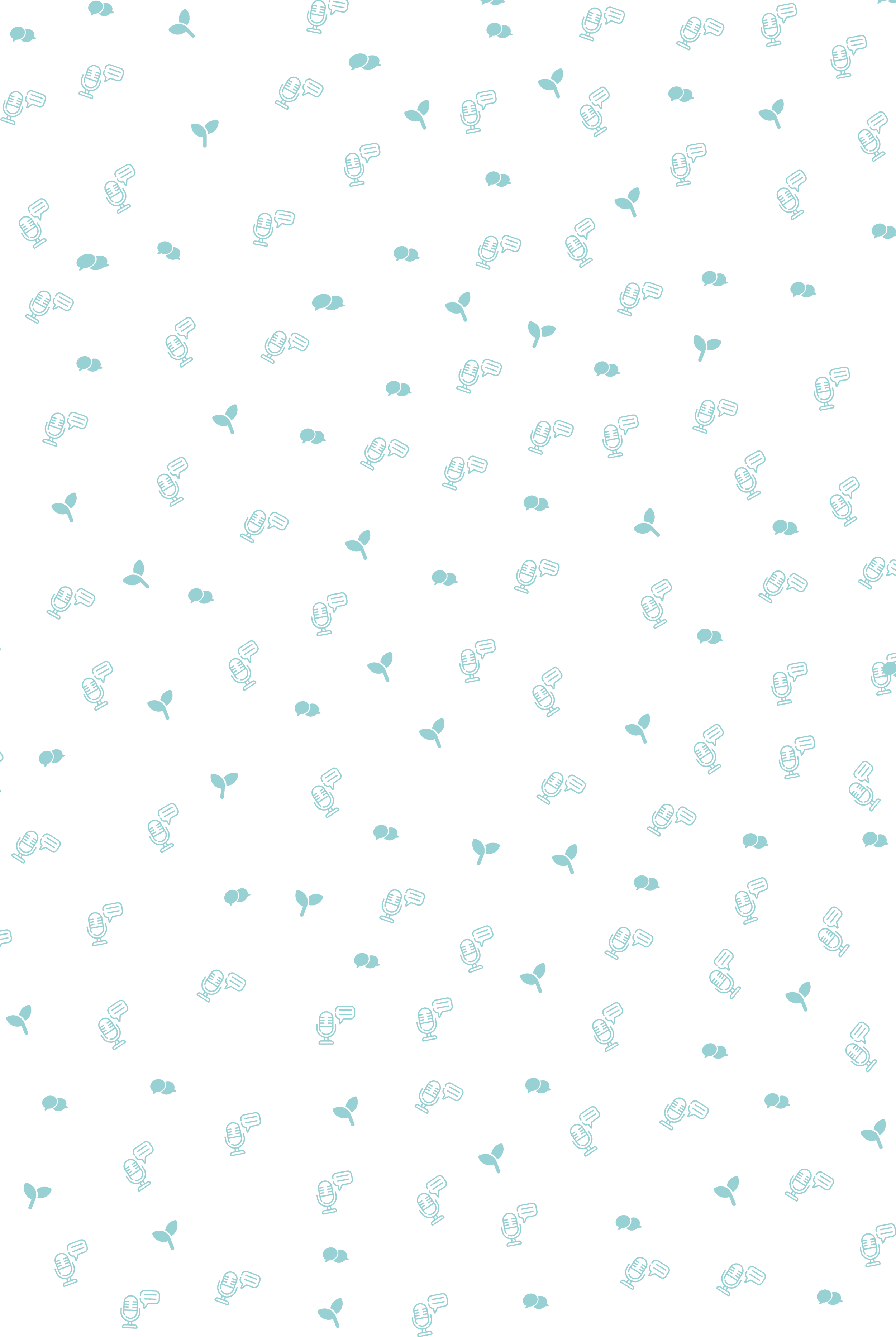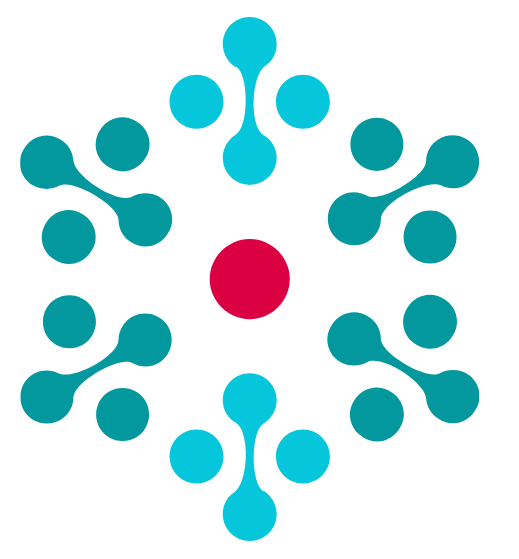Case Study: Data Science and Sensory Analysist in Alternative Proteins
Erika Pilpre majored in computer science and neuroscience at MIT. She has experience as a columnist for the San Mateo Daily Journal and as a sensory and data science intern at Climax Foods, a plant-based food startup. Erika is also involved in Cell Egg at MIT, a student group promoting Alternative Protein and cellular agriculture research.
Her interest in the Alternative Protein sector stemmed from a passion for food and cooking, along with a high school assignment on food tech companies in the Bay Area. The COVID-19 pandemic further spurred her interest as she delved into issues related to food waste and the complexities of the food system.
During her internship at Climax Foods, Erika conducted sensory evaluations and built machine learning models to analyze data and determine plant-based prototypes. This experience, coupled with the interdisciplinary work environment at Climax Foods, reinforced her passion for the field and motivated her to pursue further education and potentially start her own business in the future.

This is a summary of the interview that Ahmed gave on the “Cultivating Careers in the Alternative Protein Industry” podcast with Jeffray Behr.
What inspired you to work in the Alternative Protein sector?
My initial inspiration came from a passion for food and cooking, which started in high school. Writing an article on food tech companies in the Bay Area and the increased awareness of food waste issues during the COVID-19 pandemic further motivated me to explore the Alternative Protein space.
Was there any reading that you did in particular that stood out to you?
The food waste issue during COVID-19, with images of milk being dumped and vegetables left to rot, stuck with me. Reading about Alternative Protein companies like Impossible Foods also highlighted the issues with animal agriculture and the potential of new food solutions.
Could you share your journey of how you ended up landing your internship at Climax Foods?
After my first semester of senior year, I had some free time and decided to cold email companies in the Bay Area. I created a spreadsheet of companies and contacted them, even if they didn't have internship positions listed. Climax Foods responded positively, and I was lucky to get an internship there.
What was your experience like when reaching out to companies?
I researched companies on LinkedIn, created a spreadsheet, and sent out emails expressing my interest and passion. I emphasized my experience and willingness to help. Persistence and expressing genuine interest were key.
What was their response to your initial cold email?
The CEO responded and showed interest in having me on board. They were flexible and allowed me to craft my own internship based on my interests, which was a fantastic opportunity.
What was your specific role there? What did you do on a day-to-day basis?
As a sensory and data science intern, I organized sensory panels, collected and analyzed data, and built machine learning models to develop plant-based prototypes. It was a blend of sensory evaluation and data science, which was very exciting.
Did you have any experience in machine learning or data science before this?
Not much beyond programming experience and some data science classes. Climax Foods allowed me to learn and experiment, which was very valuable.
How would you describe working at Climax Foods?
The company is very interdisciplinary, with experts from various scientific backgrounds. The work was collaborative and every day was a learning experience, which made it very engaging. The learning opportunities and mentorship I received were invaluable. I appreciated the flexibility and the chance to work on projects that interested me. However, I worked mostly remotely and only visited the office a couple of times. I wish I had more in-person interactions, especially for sensory evaluations, which are challenging to do remotely.
Why did you decide to pursue a major in computer science and neuroscience?
The major offers interesting classes that combine computer science with neuroengineering and AI. I find the intersection of understanding the brain and improving machine learning models fascinating.
How did your experience at Climax Foods shape your career decisions?
The internship reinforced my passion for the Alternative Protein field and built my confidence. It taught me a lot about working in a startup environment and inspired me to pursue entrepreneurship.
Do you have any advice for people who want to get a job in the Alternative Protein space?
Research companies, create a spreadsheet, and reach out with emails expressing your passion and experience. Read extensively about the field and stay updated on current solutions and innovations. Persist and don't be afraid to put yourself out there.
Any books or resources you recommend?
"Technically Food" by Larissa Zimberoff and "The Fate of Food" by Amanda Little are great reads that provide valuable insights into the food tech space.
Are you looking to start your career in the Alternative Proteins sector? Check out the Tälist job board! With hundreds of new jobs added each week, Tälist connects you with opportunities that align with your skills and passions in the sustainable food industry. Join today and be part of the future of food!

